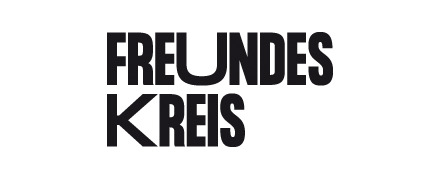
Das magische Sinfonieorchester
A new game for children aged 6 and over introduces them to the world of the orchestra.
When the lights go out in the Grosse Tonhalle, it's far from quiet: that's when Pip the mouse, Fidelia the spider and Gustav the ghost, who live here, meet up. In the new game, they take children aged 6 and over on an exciting journey through the world of the orchestra. There are seven puzzles to solve and seven magical stickers to collect.
In order to play, you need a computer, a laptop (preferably with a mouse) or tablet and an internet connection.
Unfortunately, it is not possible to play on smartphones.
- Age: from 6 years
- Duration: approx. 45 minutes
- Can be played alone or together
- In German and English
As long as the cookies are not deleted, the intermediate game status is retained and you can continue playing at any time.

More information about the game
What instruments are there in a symphony orchestra and what do they sound like? Who were Beethoven, Bach and Mozart? And what does a conductor actually do? Answers to these and many other questions can be found by playing the game. "We are the first orchestra in Switzerland to launch our own game," says Mara Corleoni, Head of Music Education. "In this way, we are bringing children into their world of experience and creating an innovative approach to the fascinating world of a symphony orchestra."
The game was developed by Arthur and Victor Abs. How the Abs brothers bring classical music and the world of gaming together could already be experienced at the Tonhalle Zurich in autumn 2023 with the award-winning game "Beethoven // Opus 360". Anyone who put on virtual reality goggles could accompany Beethoven as a coach in a rap battle. Numerous school classes and concertgoers tried out the game in the vestibule.
You can find even more background information on the game in the podcast intro (in German).
Credits
A game by the Tonhalle-Gesellschaft Zürich, produced and developed by agon productions.
Supported by Fachstelle Kultur Kanton Zürich / Kulturfonds, the Accentus Foundation and the Max Kohler Foundation







